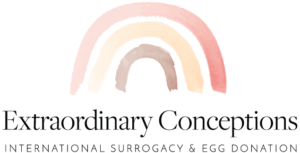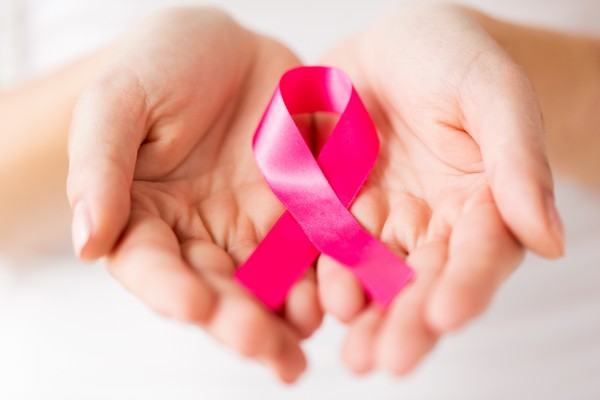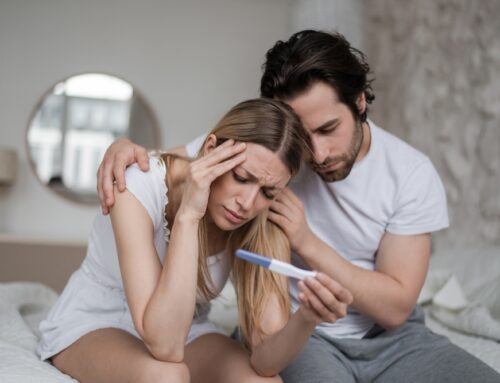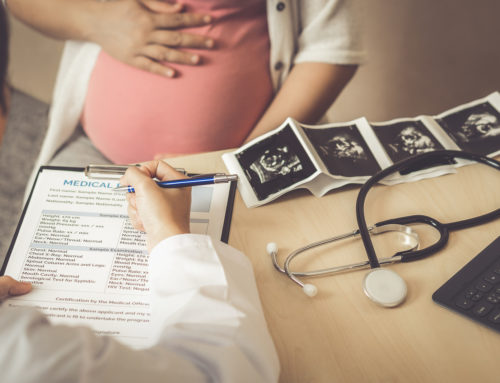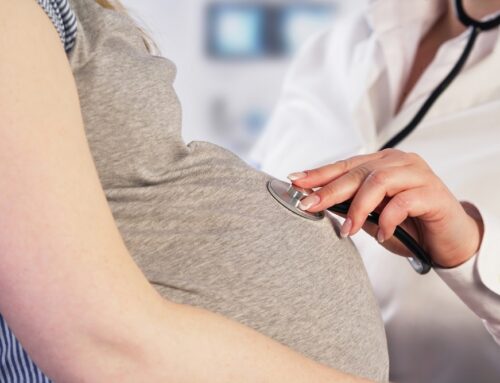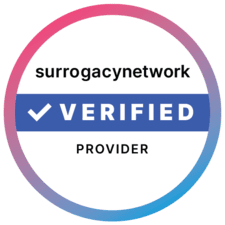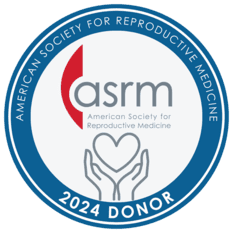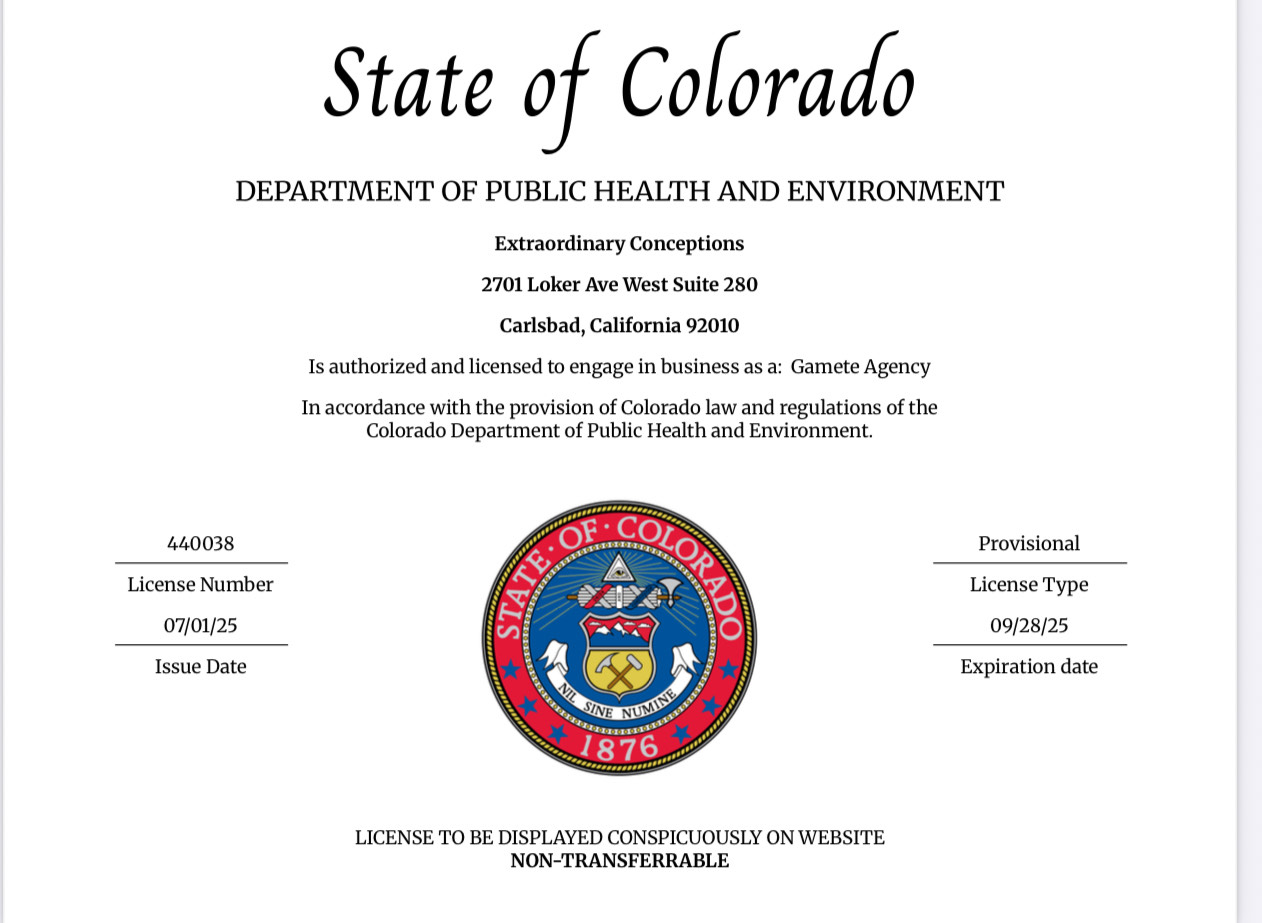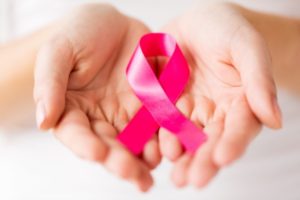
Fertility preservation and egg donation can help women who may become infertile after breast cancer treatments
While most women receive a breast cancer diagnosis over the age of 45, there are cases of it occurring in younger women during their reproductive years. While these patients are taking the steps they need to battle their cancer, another thing they are encouraged to consider is fertility preservation.
There is life after cancer – and this includes building a family.
How Cancer Treatments Affect Fertility
Each breast cancer patient and their medical case is different. With that said, depending on the chemotherapy needed, it may have the potential to affect her fertility. Chemo treatments can interfere with reproduction by harming her eggs. While this may not happen to all women, there is always a potential. And it’s this possibility which needs to be well-thought-out.
Some patients may not have had children yet. Others may have already had a child or two, but want another at some point in time. Some patients may need to have a fertility plan in place.
Fertility: Start The Conversation
Cancer treatments such as chemotherapy may render a woman infertile by changing the quality and health of her eggs. If possible, it’s important to have this conversation before any treatments begin such as surgery, chemo, and radiation.
“If you can, talk with your doctor, nurse, or another member of your healthcare team about fertility before treatment. There might be ways to save or protect your fertility before and maybe even during treatment. But after treatment, options are often more limited,” states the American Cancer Society on their website.
Fertility Preservation Before Treatment
A young woman’s choices with fertility preservation can include egg freezing or embryo freezing. If a woman is not in a committed relationship, she may decide to have a procedure to harvest her eggs and then freeze them.
However, if she is in a relationship, she and her partner may decide to fertilize a few of the eggs with sperm and freeze the embryos. A female couple in a same-sex relationship may choose on seeking a sperm donor.
In either case, it takes about two weeks to make these preparations to move forward with the process which includes:
- Evaluation to determine if a woman is a candidate for fertility preservation
- Ovary stimulation via injections
- Egg retrieval procedure
Be it frozen eggs or embryos, a woman can look ahead to the future knowing that she is doing what she can not to let cancer dictate her future.
She will have the family she has always wanted through assisted reproduction.
How Egg Donors Can Help Breast Cancer Patients
There are a variety of reasons why a woman may need the help of an egg donor for third-party reproduction. Breast cancer survivors who turn to an egg donor agency may do so for the following reasons:
- Infertility following cancer treatments
- Did not have fertility preservation or was not a candidate for the procedure
- The eggs harvested and frozen were not successful in assisted reproduction
- The embryos created after the egg retrieval process did not result in successful pregnancies
Fertility specialists consider egg donation as one of the most successful fertility procedures. Women who are infertile can still experience pregnancy and carry their baby with the help of an egg donor.
The sperm of a future mother’s partner or sperm donor fertilizes the donor’s egg. A transfer procedure is then scheduled.
A collaborative effort between reproductive medicine and the sciences is shaping the lives of women so that they can experience motherhood after cancer.
